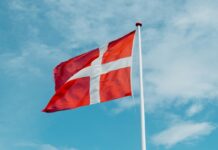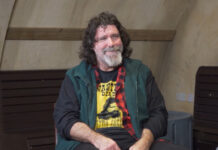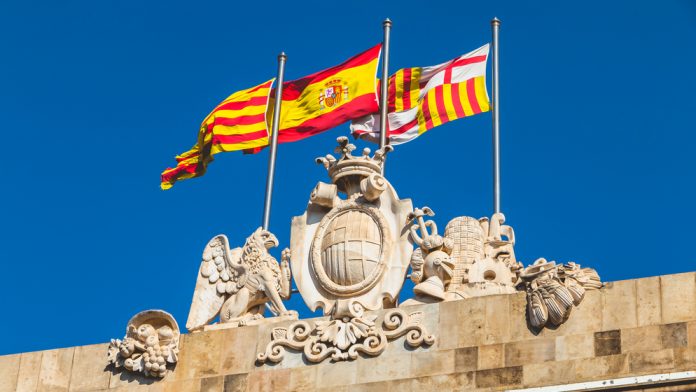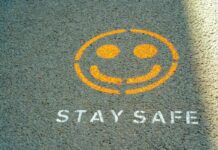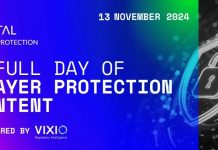Spain’s Ministry of Consumer Affairs is expected to introduce new restrictions on gambling advertising, leading to a near complete ban.
Under the new restrictions, gambling would only be allowed at night between 1am to 5am along with a total ban on gambling sponsorship on sports jerseys, kits, and stadiums, this excludes the country’s state-run lottery companies, ONCE and SELAE, who will be exempted from the measures.
Maarten Haijer, secretary general, EGBA, has urged the Spanish government to reconsider its restrictions due to a ‘lack of data’ to support the measures and a potential conflict with EU state aid rules due to granting advertising privileges to state-run companies over private ones.
He said: “The restrictions clearly discriminate against private companies and favour the economic interests of the state-run lotteries, who are by far the country’s leading advertisers in the gambling sector.
“While EGBA fully supports responsible advertising, the scope and type of restrictions proposed are not justified by the evidence available, including the country’s relatively low problem gambling rate and the significantly lower public awareness towards gambling advertising compared to other major advertising sectors.”
State-run lotteries account for 65 per cent of Spain’s gambling market revenue and at least 34 per cent of the country’s gambling advertising spend, making them by far the country’s biggest gambling advertisers, according to the Spanish Association of Advertisers.
The AEA confirmed that state-run lottery company ONCE is eleventh in the list of all companies who spent the most on advertising last year, spending €49m or 34 per cent of the gambling sector’s total advertising spend (€145.6m).
While the Spanish government has justified its measures on the basis of protecting consumers and countering the ‘normalisation of gambling by sports’, a recent study by the University of Madrid found that the country has a problem gambling rate of 0.3 per cent, one of the lowest in the world. Furthermore, gambling ranks low, fifteenth amongst all advertising sectors, in terms of the number of citizens who remembered having seen or heard an advert, according to AEA.



